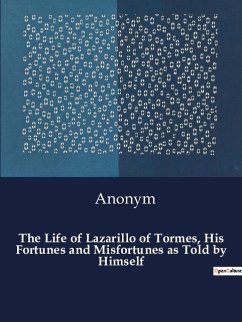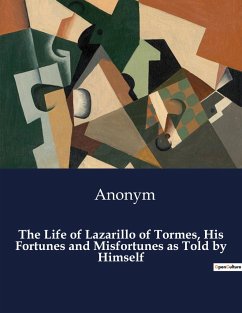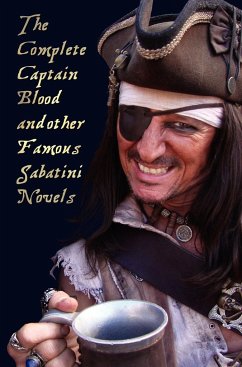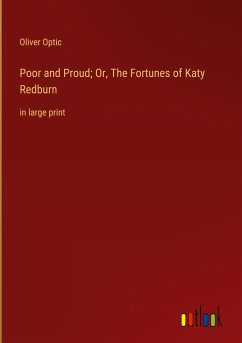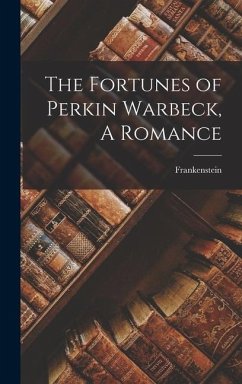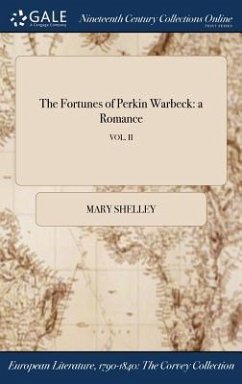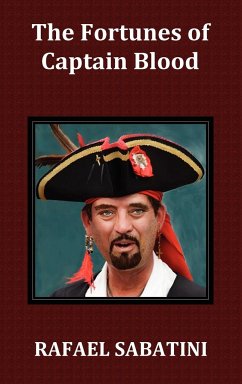
The Fortunes of Captain Blood

PAYBACK Punkte
10 °P sammeln!
Rafael Sabatini is a master storyteller. The Daily Telegraph described him thus: 'One wonders if there is another storyteller so adroit at filling his pages with intrigue and counter-intrigue, with danger threaded with romance, with a background of lavish colour, of silks and velvets, of swords and jewels'. 'The Fortunes of Captain Blood' (1936) is a collection of short stories. Captain Blood is handsome, brilliant and skilled with his blade, always one step ahead of his enemies. Perils upon perils challenge him but with his faithful crew, ever willing to follow him into danger, he manages to ...
Rafael Sabatini is a master storyteller. The Daily Telegraph described him thus: 'One wonders if there is another storyteller so adroit at filling his pages with intrigue and counter-intrigue, with danger threaded with romance, with a background of lavish colour, of silks and velvets, of swords and jewels'. 'The Fortunes of Captain Blood' (1936) is a collection of short stories. Captain Blood is handsome, brilliant and skilled with his blade, always one step ahead of his enemies. Perils upon perils challenge him but with his faithful crew, ever willing to follow him into danger, he manages to be both chivalrous and victorious. 'The Chronicles of Captain Blood' (1931), another collection of his short stories is also available.





